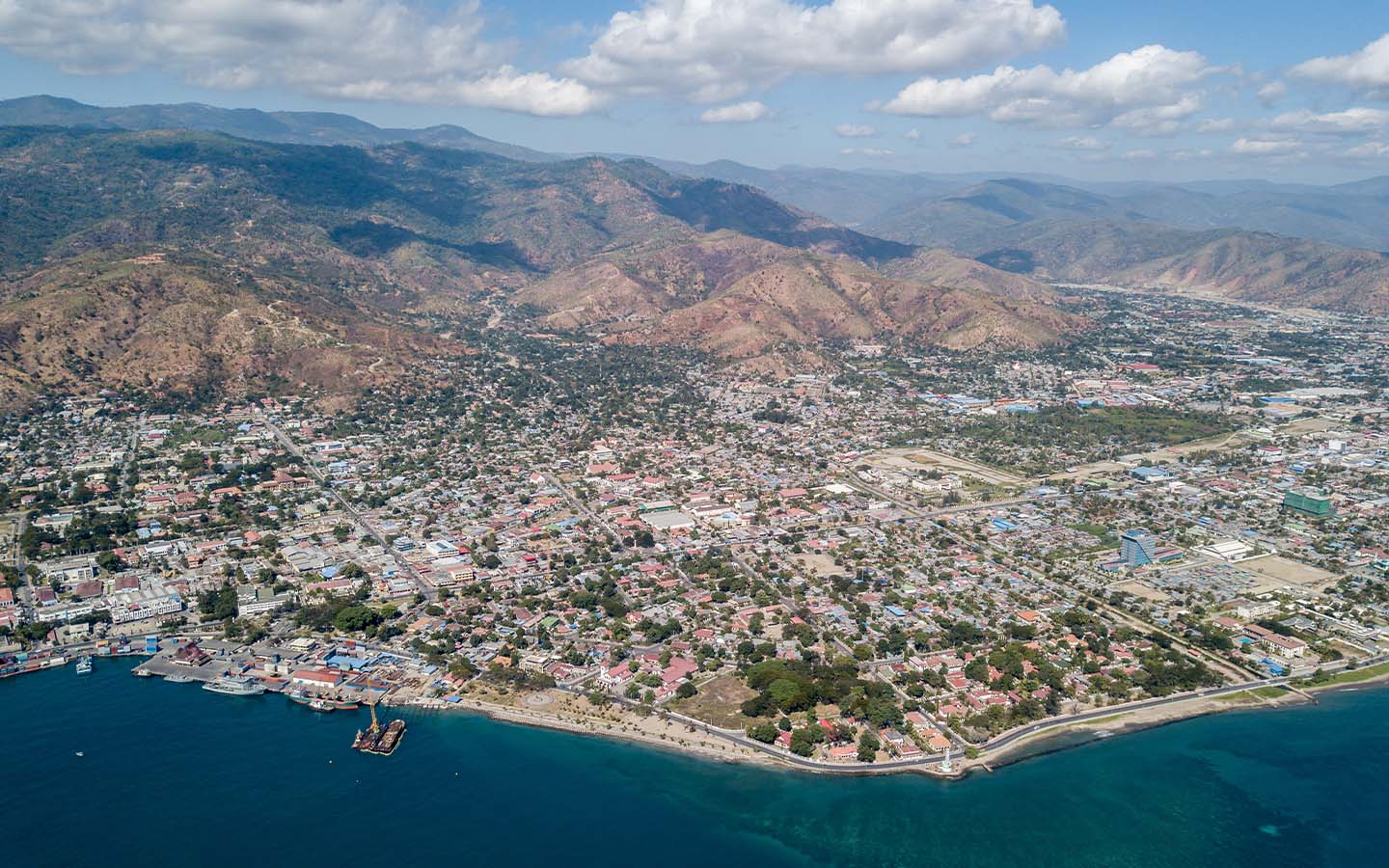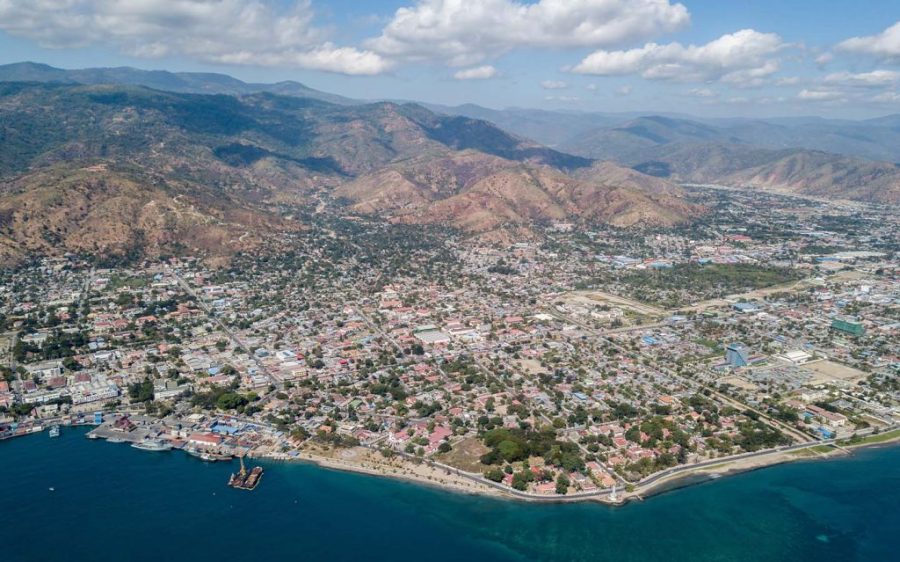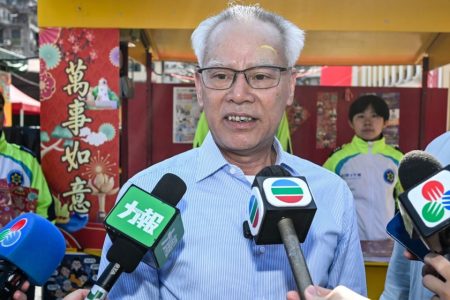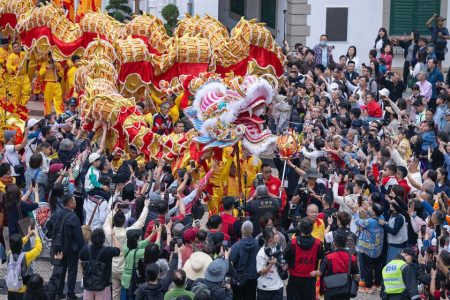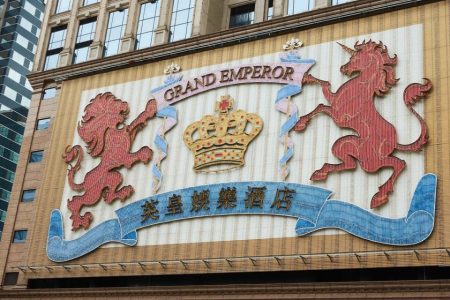Macao and Timor-Leste’s capital, Dili, have officially established sister-city relations. Outgoing Chief Executive Ho Iat Seng and Timor-Leste’s Minister of State Administration, Tomás do Rosário Cabral, signed a memorandum of understanding at the SAR’s government headquarters last Thursday, seeking to deepen ties between the two cities – both described as vital nodes along the “Maritime Silk Road.”
At Thursday’s ceremony, Ho described the new agreement as a concrete step towards deepening the comprehensive strategic partnership China and Timor Leste set up in September last year. That included a commitment to “continue to enhance sister-city cooperation and people-to-people exchanges.”
Ho emphasised opportunities presented by the agreement in areas including the economy, trade, tourism and culture. He pointed to Macao’s role as a platform for cooperation between China and Portuguese-speaking countries, noting that Timor-Leste could benefit from more engagement with initiatives like Forum Macao (of which the country is a member) and lean on closer relations with the SAR to improve its foothold in the Greater Bay Area.
[See more: Pope Francis lands in Timor-Leste]
In the past, Macao and Timor Leste have cooperated in areas including health and finance. In 2019, medical experts from Macao travelled to the tiny Southeast Asian nation to initiate joint projects. Earlier this year, the Monetary Authority of Macao and the Central Bank of Timor-Leste signed an updated cooperation agreement to further solidify their existing partnership.
Minister Cabral said that young people in Dili and Macao should be the focus of the cities’ new partnership. He wanted to see both sides invest in expanding their cooperation across areas like education, culture and youth affairs.
Cabral said that despite the two cities’ geographical distance, their friendly relationship was founded on similarities in history and culture. He said their partnership “symbolised the singing of a true song of peace, making a valuable contribution to upholding the Asian values” – noting that he believed their respective businesses would also benefit.
